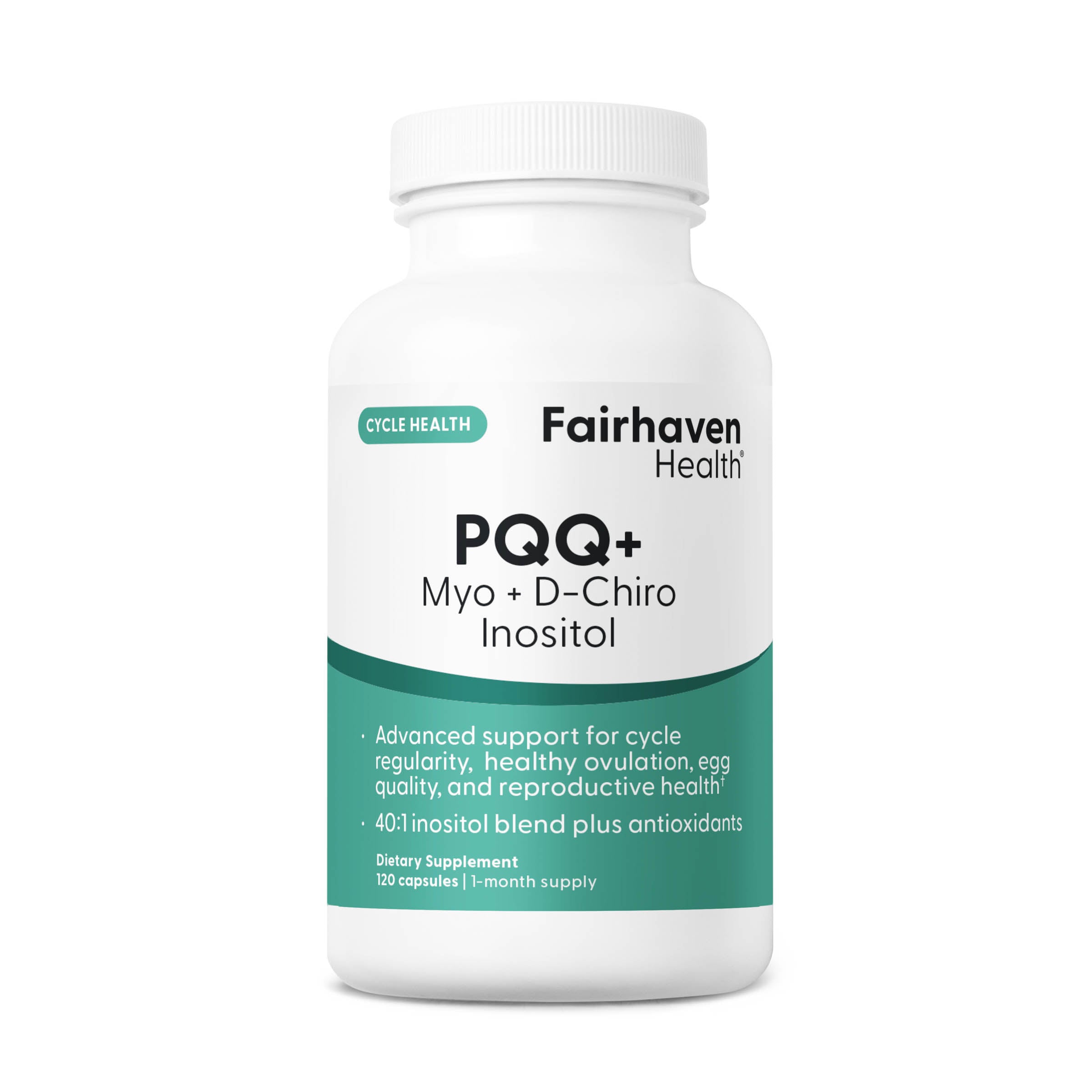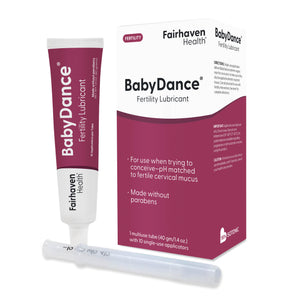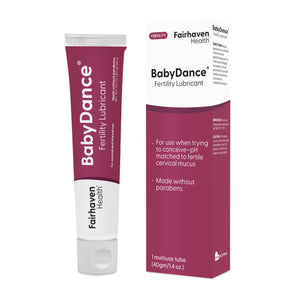- How often should I breastfeed my baby?
- Why is colostrum important?
- What is hind milk?
- What if my baby bites me?
- What can I do about leaking?
- Why is my baby suddenly breastfeeding so much?
- I stopped breastfeeding but now I want to start again, how can I relactate?
- Can I breastfeed if I’ve had breast surgery?
- Should I put my baby on a schedule?
- Should I sleep with my baby?
How often should I breastfeed my baby?
You should feed your baby “on demand” especially in the first few weeks as your milk supply is being established. This means, you breastfeed whenever your baby wants to. For most newborns, this will be every two to three hours, day and night. As your baby grows bigger, he will go longer between feedings.
Feeding on demand will not only increase your milk production, but also help to keep your breasts from becoming engorged and ducts from getting plugged. Because breast milk is easier to digest than formula, you will probably be feeding your baby more often than a mother who is using formula.
Why is colostrum important?
Before your milk “comes in” three or four days after you give birth, your baby will receive colostrum during her feedings. Colostrum is a thick, sticky, yellowish fluid that is low in fat and packed with protein, vitamins, minerals, and perhaps most importantly, antibodies. Colostrum is a natural vaccine, protecting your baby from disease and illness. It also works as a natural laxative to help baby pass the first meconium stools and to rid her body of bile to reduce the chances of her becoming jaundiced. Baby should nurse frequently during the first few days to get as much colostrum as possible. Nursing baby often will also help your milk to come in.
What is hind milk?
During the first part of a breastfeeding session, your milk will watery and may have a bluish tinge. This is the “foremilk” and it is full of protein, lactose, vitamins and minerals, all things that baby needs. This foremilk also keeps baby hydrated. Toward the end of the feeding your milk will look whiter. This is because it contains more fat, which is also important for baby’s growth. This is why you should you should not switch breasts until baby has gotten to the hind milk. The best way to make sure your baby gets the hind milk is to let him feed until he leaves the breast on his own. Sometimes babies take a little break and stop sucking for a few minutes, so make sure he is really done and not just resting.
What if my baby bites me?
If your baby is biting you it is most likely because he is teething. He may also have a cold or an ear infection. Biting, though not pleasant, can be worked through and should not be taken as a sign that it is time to wean.
The best way to prevent biting is to make sure that baby is properly latched. When baby is latched on correctly and sucking, it is physically impossible for him to bite. In order for baby to bite, the nipple must come forward in his mouth. By being paying attention during breastfeeding, you can take baby off the breast as soon as you notice this change. It is also important to make sure your baby is positioned correctly. Holding baby close so he does not have to reach for the breast can help reduce biting. If your baby has a cold and is congested, try nursing in an upright position.
For an older baby, you can tell him that mommy is not for biting and offer a teething ring. Positive reinforcement is also important. Be sure and give lots of praise and extra snuggles when baby nurses without biting.
What can I do about leaking?
Leaking can be a problem, especially in the early months of breastfeeding. Feeding baby often will help reduce leaking, but for many women, it can still be a problem. Your best protection is to use nursing pads under your bra. Wearing a patterned shirt to hide the dark spot isn’t a bad idea either. If you feel let- down start to occur and you cannot feed your baby, try crossing your arms in front of your chest to apply pressure to your breasts. This can stop the let-down reflex. Always keep some extra nursing pads and an extra shirt in your diaper bag, just in case. If you are out and about, you can use your car’s heater to dry a wet patch on your shirt – not unlike a blow dryer.
Why is my baby suddenly breastfeeding so much?
There are several possible reasons for an increase in breastfeeding. Many babies do increase breastfeeding for a few days at 3 weeks, 6 weeks, 3 months, and 6 months old. Allowing your baby to feed on demand during these times will result in plenty of milk and a happy, healthy baby.
Sometimes a baby will breastfeed more often just before she gets sick. Your baby is getting extra antibodies that your body has made just for her during this time to help protect her from the illness. Breastfeeding often may shorten the illness, make it less severe, or even prevent it.
Babies also may respond to stress by breastfeeding more. If there is a change in routine, visitors in the house, a move, a vacation, or if you have been away from your baby for an extended period, baby may breastfeed more.
Most of the time, when a baby starts to breastfeed more it only lasts for a few days. Follow your baby’s lead. He or she probably needs the nutrients and or more snuggle time with mom for one reason or another. If your baby does not go back to her normal routine feedings within a week, contact your doctor or a lactation consultant.
I stopped breastfeeding but now I want to start again, how can I relactate?
A woman may stop breastfeeding for several reasons. Maybe you have had an emergency and had to be away from your baby for an extended period. Perhaps you were taking medicine that could not be taken while breastfeeding. You may simply have decided to wean and then changed your mind. Relactation is usually possible, but it will take some patience and persistence.
The best thing you can do is put your baby to the breast as often as possible. It takes a long time for your milk to disappear completely, so even if it has been a few weeks, your still have at least some milk. The more you nurse, the more milk you will produce. You may also want to use a pump to help stimulate milk production. In addition, there are several natural remedies including the herb milk thistle that can help to increase milk supply. You will probably need to supplement with formula until your milk supply is reestablished. Always offer the breast before the bottle during this time.
Can I breastfeed if I’ve had breast surgery?
In most cases, the answer is yes; however, women who have had breast or nipple surgery may have reduced milk supply, especially in the case of breast reduction surgery. There are many ways to increase milk production, and you can also supplement with formula if needed. Even if you cannot meet all of your baby’s nutritional needs by breastfeeding, keep in mind that you are still doing wonderful things for you and your baby. Even a small amount of breast milk is hugely beneficial to your baby. In addition, breastfeeding is much more than providing food for your baby. Breastfeeding is also about the emotional bond and physical closeness that you and your baby share.
Should I put my baby on a schedule?
Schedules are for adults, not for babies. Babies follow their natural instincts for eating. It is much more important to be in tune with your baby than to watch a clock. Breastfed babies need to eat often – 12-18 times a day for a newborn. Babies sometimes need more frequent feedings, for example when they are in a growth spurt or fighting off a disease. Putting a baby on a schedule denies your baby of these important feedings and is likely to result in an irritable, hungry baby. You cannot spoil or overfeed a breastfed baby. Feed your baby on demand. He has the rest of his life for schedules.
Should I sleep with my baby?
Mothers have been sleeping snuggled up next to their babies for thousands of years all over the world. It is only recently, in Western culture that babies have been put in cribs to sleep alone. Sleeping with your baby, or co-sleeping, makes those nighttime feedings so much easier. Rather than waking to baby’s cries, trudging down the hall, getting baby out of the crib, nursing and the trying to go back to sleep yourself, you simply shift positions a bit and baby latches on. Some mothers fall back asleep while baby is still nursing. The end result is that both you and your baby get much more sleep. And, no, despite what people may tell you, your child will not sleep in your bed forever. Eventually, children do sleep in their own beds.
If you are not comfortable having baby sleep your bed, consider the sidecar arrangement with the crib edged up against the side of your bed and the railing on the bed side taken down. Just having your baby’s crib in your room will make things easier, even if you are not co-sleeping.
You should not sleep with your baby if you smoke, are taking mood altering drugs or drugs that make you drowsy, or if you are intoxicated. Make sure bedding is tight and that baby’s head is not near extra blankets or pillows.







